You will learn:
Course time:
Accreditation:
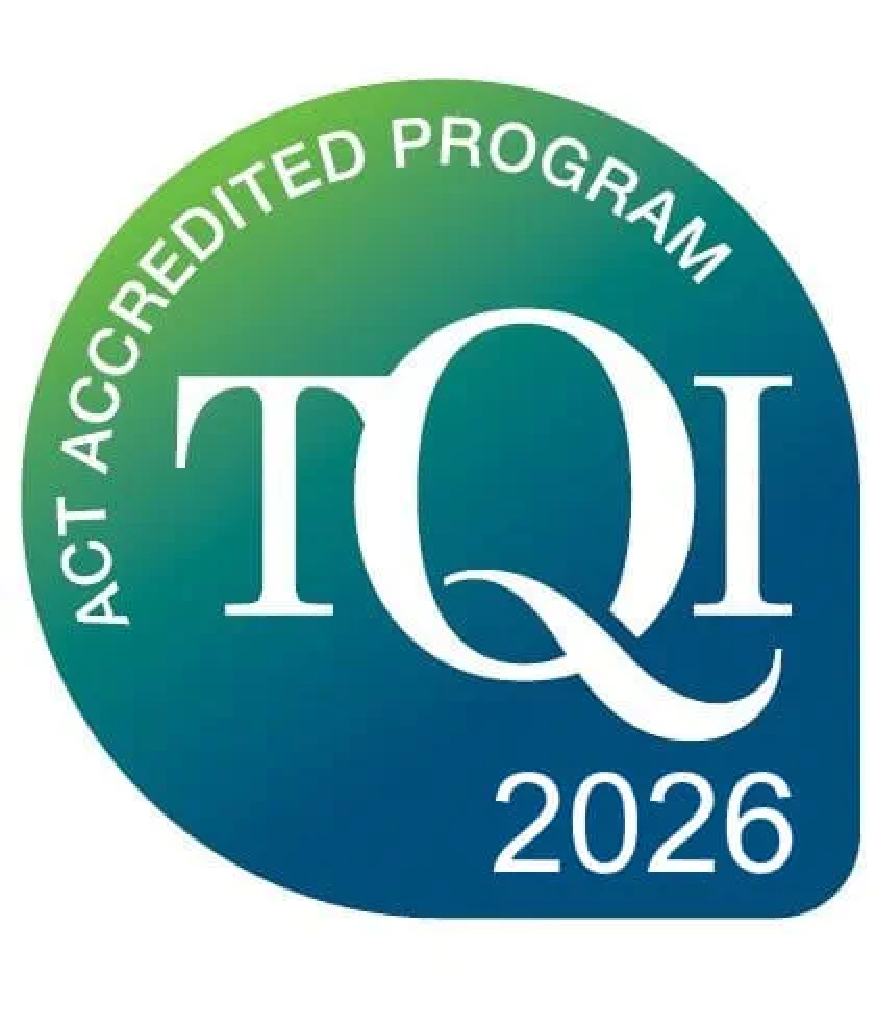


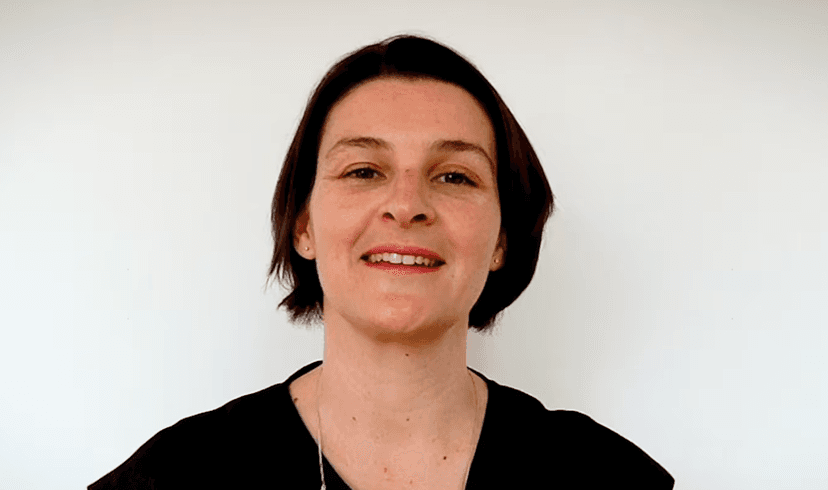
Introduction
What is STEM?
Set some learning goals
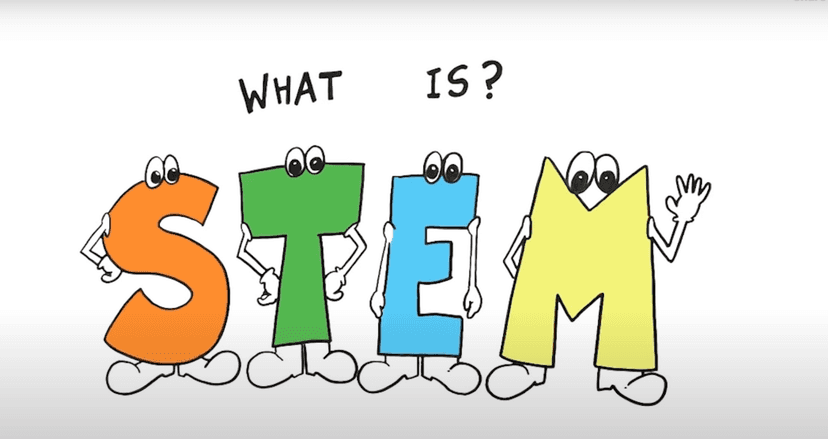
Integrating STEM
Identifying STEM concepts
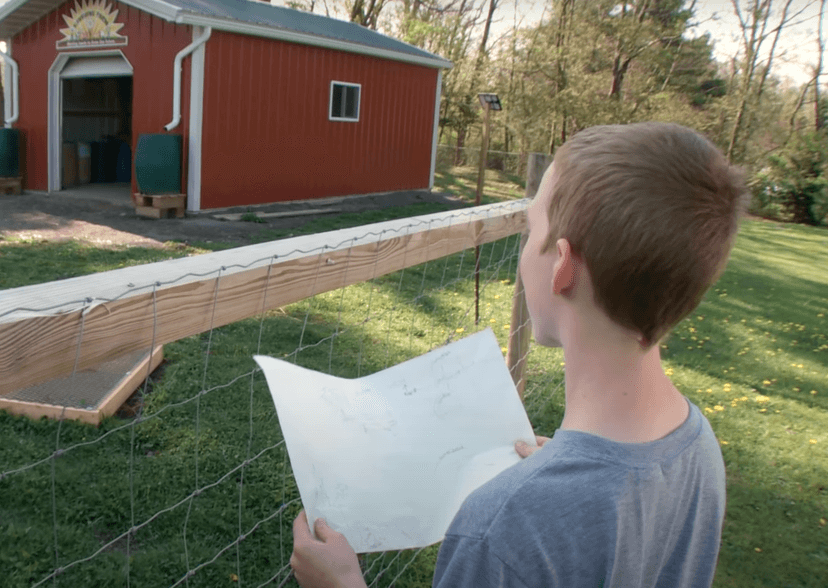
Strategies for STEM inquiry
Be inspired by the real-world
Finding inspiration for STEM inquiry
Posing questions and challenges
Planning a STEM program
Retry and recreate
Share the learning
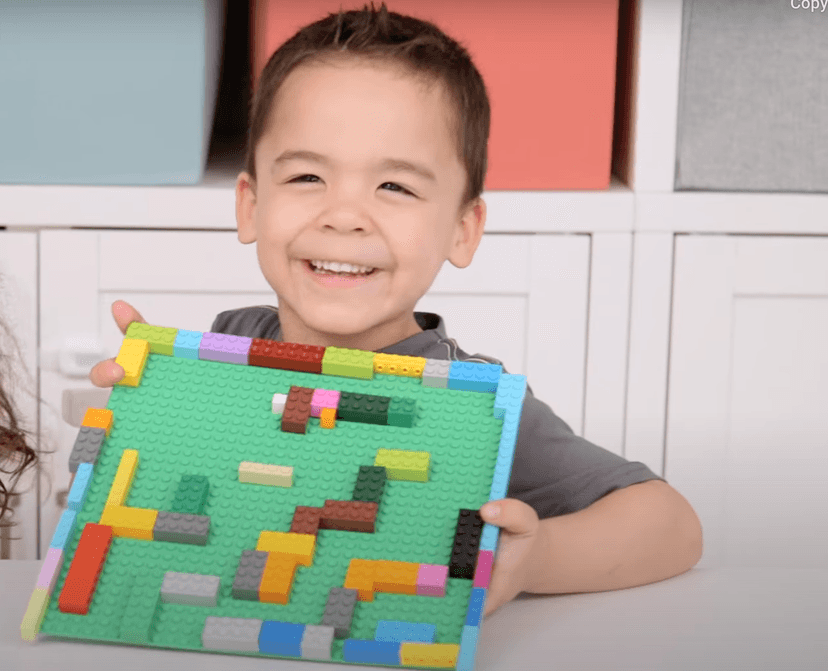
Adapting STEM to your needs
STEM mini challenges
Strengthening your approach
Reflection

Cool lesson plans
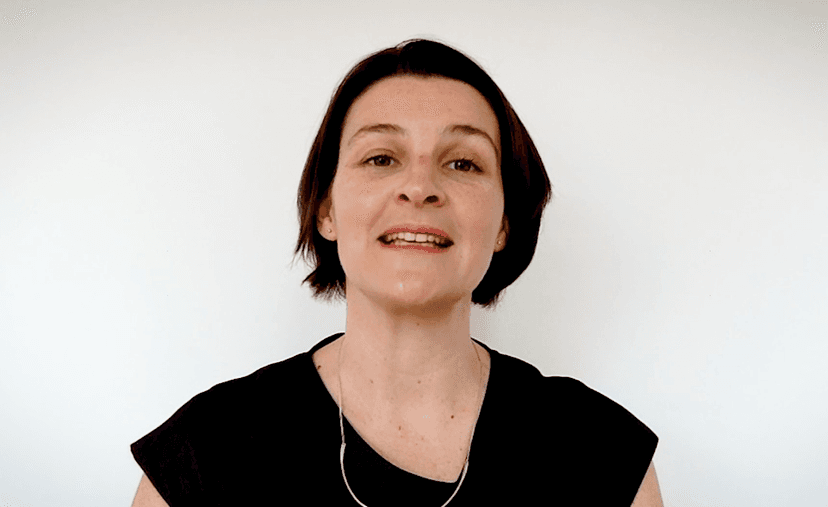
Taxonomy of learning
Suggestions for collaboration
Congratulations

Tracey Gray is a Scientist and an experienced science classroom teacher and early learning educator. She is passionate about creating innovative programs that integrate STEM and STEAM techniques and promote creative thinking, curiosity and problem solving. Tracey loves working with teachers and early childhood educators to improve their teaching practice and build their confidence in teaching STEM.

Mark Drummond from Cool Australia is your course teacher. He has worked in the education sector for over 11 years as a classroom teacher, Leader of Pedagogy within an Ed-Tech startup and as an educational consultant. Mark is an absolute science nerd and loves talking about dinosaurs as much as he loves talking about education (which is a lot)!